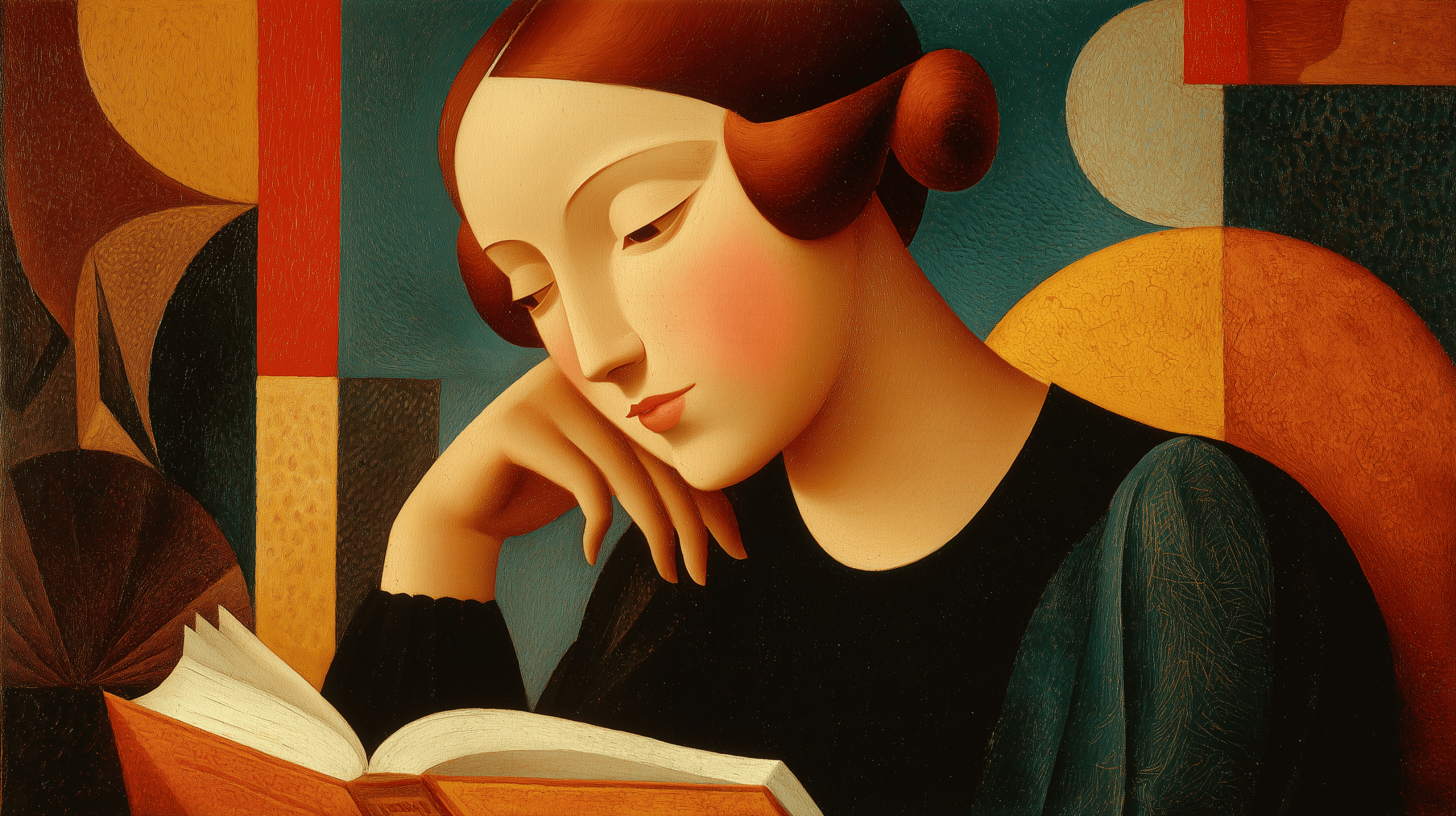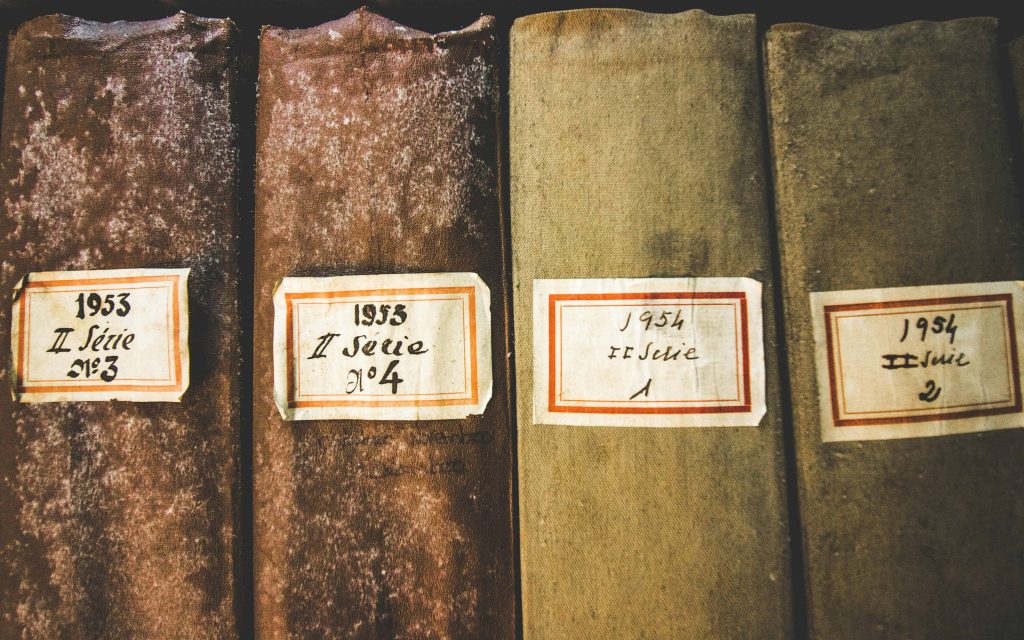Award-Winning Portuguese Literature: Celebrating Contemporary Voices
Award-Winning Portuguese Literature
Portuguese literature boasts a rich and diverse tradition spanning centuries, reflecting Portugal’s unique cultural heritage and historical complexity. Since the late 20th century—especially following the Carnation Revolution of 1974—contemporary Portuguese literature has flourished, marked by a renewed cultural freedom and a burst of creative energy. This article focuses on contemporary Portuguese literature recognized through prestigious literary awards, highlighting the authors and works that have shaped the modern literary landscape. Literary awards play a crucial role in acknowledging artistic excellence and promoting authors both within Portugal and internationally. Among these, national prizes like the Camões Prize and Pessoa Prize, alongside international accolades such as the European Union Prize for Literature, stand out for their prestige and influence.
The Landscape of Contemporary Portuguese Literary Awards
Portugal’s literary award ecosystem is vibrant and diverse. The Camões Prize, established in 1988 and named after Portugal’s greatest poet, honors lifetime achievement in Portuguese-language literature. It is awarded jointly by Portugal and Brazil and is regarded as the highest recognition for Lusophone writers worldwide. The Pessoa Prize, founded in 1987, celebrates impactful contributions to Portuguese culture, recognizing individuals across literature, arts, and sciences. This prize emphasizes influence and cultural significance rather than a single literary work.
The Portuguese Writers Association Grand Prize for Novel, awarded by the Associação Portuguesa de Escritores (APE), highlights outstanding recent novels, encouraging contemporary literary production. Additionally, other significant national awards include the José Saramago Prize, aimed at young Lusophone authors, and the Prémio Oceanos, which celebrates the best works in Portuguese worldwide, further enriching Lusophone literary culture. The Prémio Literário Fundação Inês de Castro supports emerging voices and experimental narratives.
Internationally, the European Union Prize for Literature (EUPL) has been instrumental since 2009 in promoting emerging Portuguese writers and facilitating their translation across Europe. While the Latin Union Prize for Romance Literature was once relevant, it ceased after the Latin Union dissolved in 2012. Portuguese authors have also gained international recognition through awards such as the International Dublin Literary Award and the Neustadt International Prize for Literature, reflecting the global impact of their work.
Key Themes and Styles in Award-Winning Contemporary Portuguese Literature
Contemporary Portuguese literature delves deeply into themes of identity and history, often revisiting these ideas through the lens of modernity and Portugal’s evolving cultural landscape. Works frequently reflect on the dynamic relationship between the past and present, exploring how traditions and contemporary realities intersect. Social issues such as migration, inequality, and cultural diversity are central to many narratives, offering a rich portrayal of contemporary societal challenges.
Authors in this genre often experiment with a variety of narrative techniques, including nonlinear storytelling, hybrid genres, and metafiction, creating works that push the boundaries of conventional literary forms. The blend of tradition and innovation is a hallmark of contemporary Portuguese literature, while linguistic diversity adds layers of depth to the storytelling. Regional dialects, along with the infusion of Lusophone African languages, enrich these narratives and reflect the broad cultural influences within the Portuguese-speaking world.
A growing presence of female and LGBTQ+ authors has brought new perspectives to the fore, expanding both the thematic and stylistic scope of Portuguese literature. These voices contribute to a more inclusive and multifaceted literary scene, reflecting the diversity of experiences in contemporary Portugal.
The Role of Awards in Promoting Portuguese Literature
Literary awards significantly enhance the visibility and readership of Portuguese authors both at home and abroad. Recognition often leads to increased book sales, media exposure, and, crucially, opportunities for translation, which extends Portuguese literature’s reach to international audiences. Awards encourage publishers and cultural institutions to invest in Portuguese writing, fostering its dissemination globally.
Beyond visibility, awards stimulate critical discourse and academic engagement with contemporary literary trends. They also support authors’ careers by providing financial aid, professional recognition, and motivation to continue producing high-quality literature. Alongside awards, institutions such as the Camões Institute and literary festivals collaborate to promote Portuguese literature worldwide, encouraging cross-cultural exchanges and new publishing ventures.
Conclusion
Award-winning contemporary Portuguese literature remains a vibrant and essential element of Portugal’s cultural identity. Through its engagement with history, social realities, and narrative innovation, it offers profound insights into modern Portuguese society and resonates with readers worldwide. Literary awards not only celebrate the achievements of these authors but also play a pivotal role in promoting Portuguese literature on national and international stages. As Portuguese literary voices continue to evolve, embracing digital platforms and global dialogues, their importance in the worldwide literary landscape is set to grow even further.
Key Takeaways
A Flourishing Era for Portuguese Literature
Contemporary Portuguese literature is thriving, marked by increased cultural production, creative energy, and a growing presence of both established and emerging authors.Prestigious Literary Awards Recognizing Excellence
National prizes such as the Camões Prize, Pessoa Prize, and José Saramago Prize honor notable contributions to literature and culture. International awards like the European Union Prize for Literature further spotlight Portuguese writers on the global stage.Exploration of Identity, Society, and Culture
Award-winning works often explore personal identity, cultural diversity, migration, and social themes, offering meaningful reflections on modern life and human experience.Innovative Literary Styles and Inclusive Voices
Contemporary authors are known for their bold experimentation with narrative forms, including nonlinear structures and genre blending. The literary scene increasingly features female and LGBTQ+ writers, contributing to a richer and more varied storytelling tradition.Awards as Catalysts for Global Reach and Recognition
Literary awards help elevate Portuguese literature by boosting visibility, enabling translations, and opening doors to international audiences. They also support authors professionally and attract publishers and institutions to invest in Portuguese literary talent.
FAQs
What are the most prestigious literary awards in Portuguese literature?
The Camões Prize, Pessoa Prize, and José Saramago Prize are among the most prestigious awards. They recognize lifetime achievement, cultural impact, and emerging talent, respectively, highlighting excellence in Portuguese-language literature both nationally and internationally.
How do literary awards benefit Portuguese authors?
Literary awards boost authors’ visibility, attract media and publisher attention, and often lead to international translations. They also provide financial support and professional validation, encouraging continued literary output and helping authors reach broader audiences across Portugal and beyond.
What themes and styles define modern Portuguese literature?
Contemporary Portuguese literature embraces themes such as identity, cultural diversity, and societal issues. Writers often experiment with structure, blending genres and employing innovative techniques like nonlinear storytelling and metafiction, while also amplifying underrepresented voices, including women and LGBTQ+ authors.
Uncover the captivating stories behind Portugal’s Romantic writers, whose works reflected the turmoil, hopes, and dreams of a society in transition. From sweeping narratives to lyrical poetry, learn how these artists challenged conventions and inspired future generations with their innovative approach to literature.










